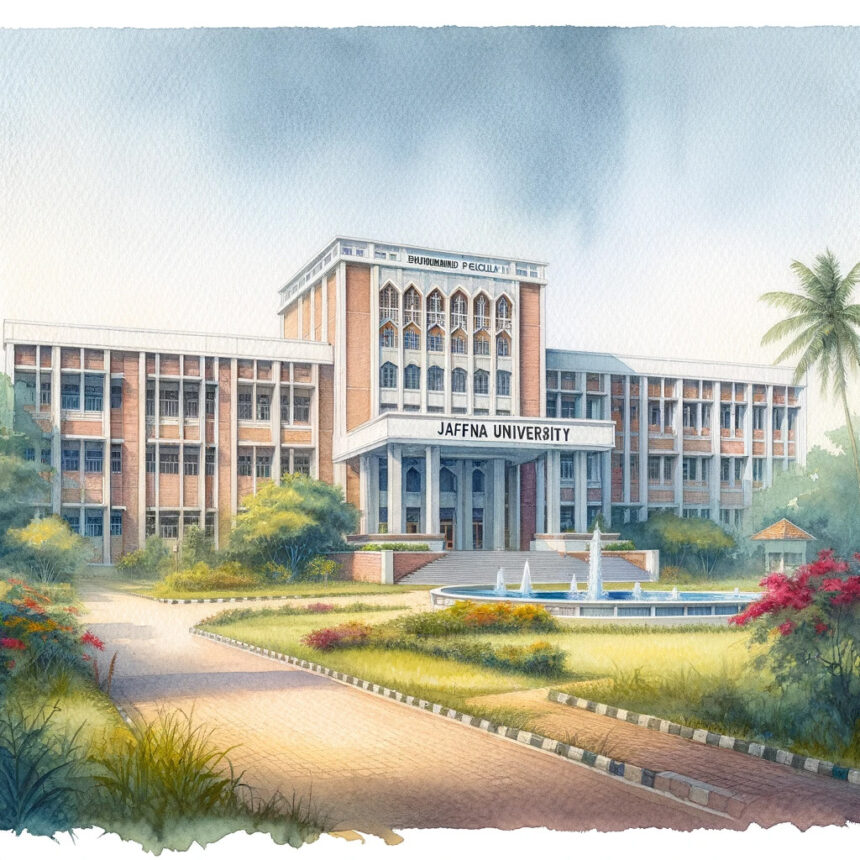The University Grants Commission’s recent disclosure reveals a striking trend for the current academic session: not a single student from the Jaffna district applied to the Engineering Faculty of Jaffna University. This outcome, derived from the 2022 Advanced Level examination results, shows all eligible Jaffna district candidates choosing engineering faculties in the southern part of the country over their local university. This unprecedented situation resulted in no Jaffna district students enrolling in Jaffna University’s Engineering Faculty for this term.

Established in the 2010s, with initial approval dating back to the 1990s amidst significant challenges, the Engineering Faculty at Jaffna University was envisioned as a beacon of education for the local student population. The lack of local enrolment is disappointing and surprising, indicating a preference among parents and students for educational opportunities outside their region. This trend raises questions about regional educational choices and the future of Jaffna University’s Engineering Faculty.Attending a local university like Jaffna University offers a mix of advantages. The university’s culturally familiar environment and strong community support can be comforting and beneficial for personal development. Being close to home significantly reduces living and travel expenses, making higher education more accessible and affordable for local students. Additionally, the university’s focus on local issues and research fosters a deeper understanding of regional needs and challenges.

However, there are downsides to this choice. Students may experience limited exposure to diverse cultures and perspectives, a valuable aspect of university life. The range of academic programs and specializations at Jaffna University might be narrower than larger institutions, which could restrict students with specific interests. Networking opportunities, especially nationally or internationally, may also be less extensive, impacting future career prospects.
A significant issue with Jaffna University, particularly its Engineering Faculty, is the reported lack of adequate resources and sufficient teaching staff. This shortfall may directly affect the quality of education and available research opportunities, hindering students’ academic and professional development. Additionally, the perceived prestige of local universities often does not match that of more recognized national or international institutions, potentially influencing future employment opportunities and employers’ valuation of the degree.
While the comfort of a familiar environment is advantageous, it can sometimes limit personal growth and independence. The challenges and learning experiences of adapting to new environments are crucial for comprehensive development.
While Jaffna University offers benefits like cultural familiarity, affordability, and local relevance, it also presents challenges in diversity, resource availability, and broader academic and career opportunities. These factors require careful consideration by students when deciding on their higher education paths.




